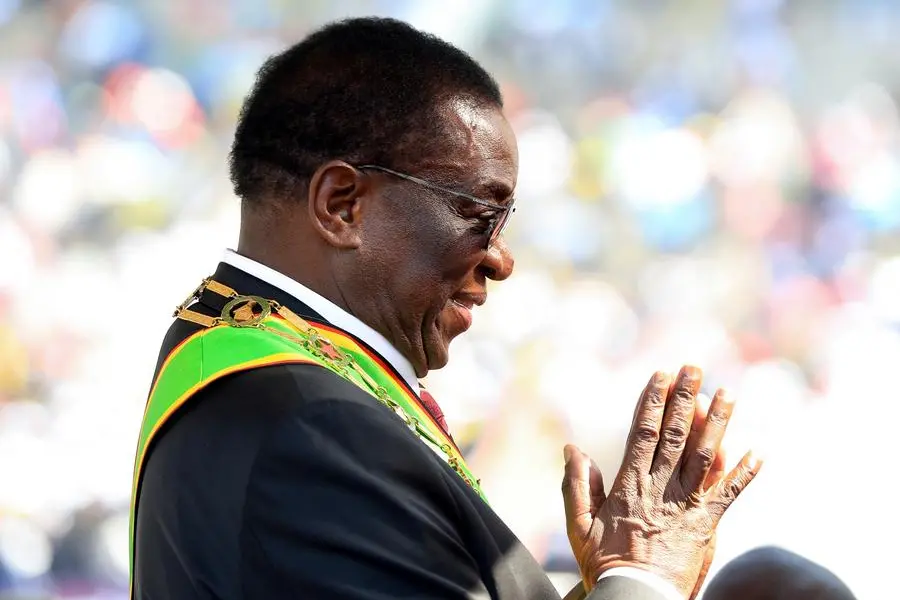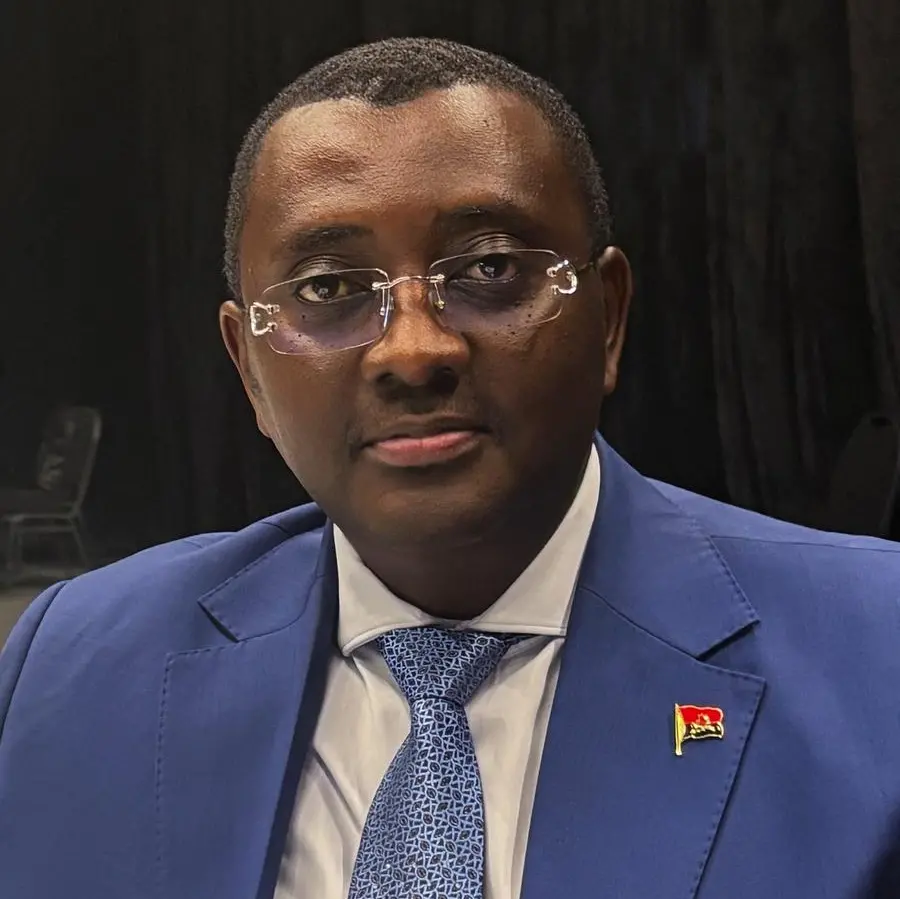PHOTO
The United States on Monday ended its two-decade-old sanctions regime against Zimbabwe, but re-imposed new measures against President Emmerson Mnangagwa for alleged gross human rights violations and corruption.
The decision may be a reprieve for ordinary folk in Zimbabwe, who have endured endless economic restrictions since 2003. But it may be no joy for the country’s political leaders accused of oppressing opponents.
President Mnangagwa, in power since the 2017 coup, became the first sitting head of State to be designated by the US under its Global Magnitsky Programme, along with his wife Auxilia.
His deputy Retired General Constantino Chiwenga is also on the list that has nine individuals and two companies as Washington changed its sanctions to show that the curbs are not targeted at Zimbabwe following serious lobbying by the African Union and Southern African Development Community leaders.
Walley Adeyemo, the US Deputy Treasury Secretary, said the change in the sanctions regime was meant to punish “criminal networks” around President Mnangagwa and to address growing concerns about corruption and human rights violations.“Today we are refocusing our sanctions on clear and specific targets, President Mnangagwa’s criminal network of government officials and businesspeople, who are most responsible for corruption or human rights abuse against the people of Zimbabwe,” Mr Adeyemo said in a statement.
“These changes to our approach provide an opportunity for the government of Zimbabwe to undertake key reforms to improve its human rights, good governance and anti-corruption record.”Washington said President Mnangagwa was being sanctioned for being personally involved in the smuggling of gold and diamonds as well as human rights violations.“(President) Mnangagwa provides a protective shield to smugglers to operate in Zimbabwe and has directed Zimbabwean officials to facilitate the sale of gold and diamonds in illicit markets, taking bribes in exchange for his services.“(President) Mnangagwa also oversees Zimbabwe’s security services, which have violently repressed political opponents and civil society groups.”Other people that are targeted in the new measures are Defence Minister Oppah Muchinguri, a top intelligence official Walter Tapfumaneyi, former State Security Minister Owen Ncube and businessman Kudakwashe Tagwirei as well as his wife Sandra.
Mr Tagwirei, a wealthy businessman who has won several multimillion-dollar government contracts, is a presidential advisor and a financier of the ruling Zanu PF party.
The US first imposed sanctions on Zimbabwe in 2003 after accusing the regime of the late Robert Mugabe of electoral fraud and human rights violations.
Individuals linked to the government were banned from travelling to America and their assets were at risk of being seized.
Zimbabwe was also blocked from accessing funding from multilateral bodies that had US nationals on their boards.
In recent years, African countries led by South Africa have been lobbying for the removal of the sanctions which they say are also hurting Zimbabwe’s neighbours as its nationals are flocking to other countries to escape economic hardships.
Zambian President Hakainde Hichilema was among the first people to welcome the major policy shift on Zimbabwe by the US, posting on X: “Pleased to see (US) President (Joe) Biden terminate the Zimbabwe sanctions programme.”“This is further evidence that President Biden listens to his African partners,” President Hichilema added. “We hope this is an opportunity for a new direction.”Zimbabwe government spokesperson Nic Mangwana said the move was a vindication of President Mnangagwa’s foreign policy.
“Well, this is massive,” Mr Mangwana posted on X. “A great vindication of President Mnangagwa’s foreign policy.“That said, as long as our president is under sanctions Zimbabwe remains under illegal sanctions and as long as senior leadership is under sanctions, we are all under sanctions.“And as long as members of corporate Zimbabwe are under sanctions, we are under sanctions.”Zimbabwe insists that the sanctions were imposed as punishment for the country’s move at the turn of the millennium to seize white-owned commercial farms for redistribution to landless blacks.
© Copyright 2022 Nation Media Group. All Rights Reserved. Provided by SyndiGate Media Inc. (Syndigate.info).





















